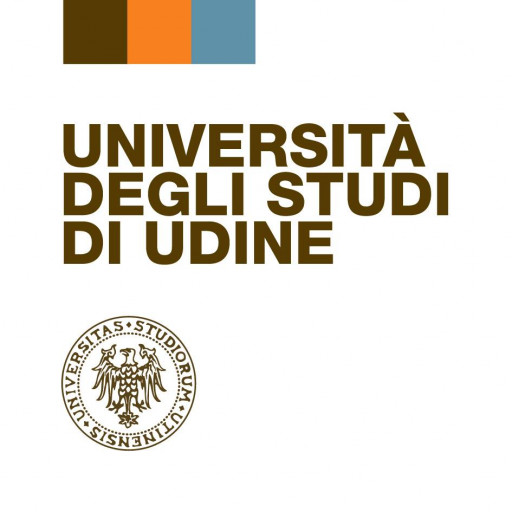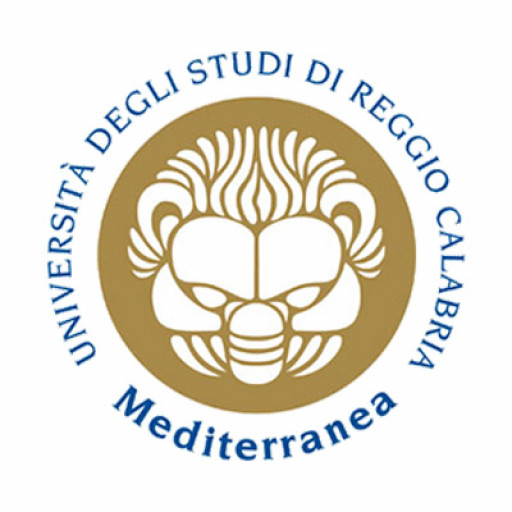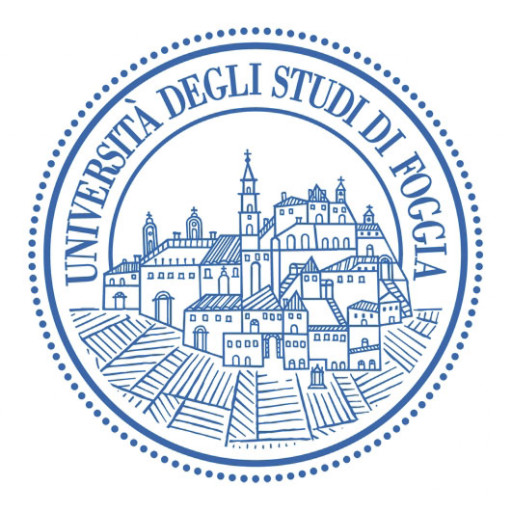Photos of university / #aaustudieliv
Materials and Nanotechnology is an innovative and multidisciplinary master's degree programme offered by Aalborg University, designed to prepare students for a broad range of careers in the development and application of advanced materials and nanotechnology. The programme focuses on understanding the structure, properties, and performance of materials at nanoscale and microscale levels, integrating knowledge from physics, chemistry, materials science, and engineering. Students will explore the design, fabrication, characterization, and application of materials such as polymers, ceramics, metals, composites, and nanomaterials, which are essential in numerous industries including electronics, energy, healthcare, and sustainable development.
The curriculum combines theoretical studies with practical laboratory work and project-based learning, providing students with hands-on experience in state-of-the-art techniques used for material synthesis, analysis, and testing. Core subjects include nanomaterials, surface science, advanced characterization methods, and material performance optimization. The programme emphasizes innovation, creativity, and problem-solving skills, preparing graduates to contribute to the development of next-generation materials with enhanced properties and functionalities.
A key element of the programme is its international orientation, with opportunities for internships and collaborative projects with industry partners, research institutions, and laboratories worldwide. Students will also develop competencies in project management, communication, and scientific writing, equipping them for leadership roles in research and industry. Emphasis is placed on sustainability and environmentally friendly development of materials, addressing global challenges such as renewable energy, resource efficiency, and environmental protection.
Graduates of the Materials and Nanotechnology programme will be well-equipped for careers in research and development, manufacturing, consultancy, and academia. They may work in diverse sectors such as electronics manufacturing, aerospace, biomedical engineering, energy production, and environmental technologies. The programme provides a solid foundation for further academic pursuits, including PhD studies, or for immediate entry into high-tech industries where advanced materials and nanotechnology play a critical role. With its comprehensive curriculum, practical focus, and international outlook, the programme aims to foster highly skilled professionals capable of driving innovation and technological progress in materials science and nanotechnology.
The Materials Technology program at Aalborg University is a comprehensive and innovative educational pathway designed to equip students with a deep understanding of the properties, processing, and applications of various materials. This interdisciplinary programme combines principles from chemistry, physics, mechanics, and engineering to foster a holistic approach to material development and utilization in industry. Students will explore fundamental topics such as material structure and properties, material selection, manufacturing processes, and quality control. The curriculum emphasizes hands-on learning through laboratory work, project-based assignments, and collaboration with industry partners, ensuring that graduates are well-prepared for real-world challenges.
Throughout the programme, students will engage with advanced topics including nanomaterials, biomaterials, composites, and sustainable materials, reflecting the latest trends and innovations in the field. The programme also places a significant focus on innovation, product design, and development, encouraging students to think creatively and develop solutions that meet societal and environmental needs. The university's state-of-the-art laboratories provide an ideal environment for experimentation and research, allowing students to gain practical skills in material characterization, testing, and analysis.
Additionally, the programme offers opportunities for specialization in areas such as materials for energy applications, corrosion, surface treatments, and material modelling. The coursework is complemented by courses in project management, entrepreneurship, and communication skills, preparing graduates for leadership roles in industry, research, or further academic pursuits. Collaboration with companies and research institutions forms an integral part of the learning experience, offering students valuable industry insights and networking opportunities.
Upon completion of the programme, graduates will possess a solid foundation in materials science, equipped with the technical expertise needed to innovate and improve new materials for various sectors including automotive, aerospace, construction, electronics, and healthcare. The Materials Technology programme at Aalborg University aims to develop engineers who are capable of contributing to sustainable development through the design of better, more efficient, and environmentally friendly materials.
Program Requirements:
Admission to the Materials Technology programme at Aalborg University requires applicants to hold a relevant secondary education that qualifies for university admission in their home country. Applicants must demonstrate proficiency in English language, typically through a recognized test such as IELTS (minimum overall score of 6.5) or TOEFL (minimum score of 80 on the internet-based test). Additionally, applicants are expected to have a strong foundation in mathematics and physics, often demonstrated through relevant coursework or supplementary entrance assessments. The programme emphasizes interdisciplinary knowledge including chemistry, materials science, and engineering principles, so applicants with backgrounds in these areas are preferred. Prior experience or coursework in manufacturing processes, nanotechnology, or materials characterization can be advantageous. The application process involves submitting academic transcripts, proof of language proficiency, motivation statement, and relevant documentation of prior education. Some applicants may be required to attend an interview or assessment day for further evaluation. The programme aims to admit students who have demonstrated academic excellence, analytical skills, and a genuine interest in materials technology research and development. Once admitted, students are expected to attend orientation sessions and fulfill the course prerequisites outlined in the curriculum. Continuous assessment through exams, projects, and presentations forms part of the evaluation criteria throughout the programme. Academic success also depends on active participation in laboratory work, group projects, and seminars designed to foster practical skills and teamwork. The university encourages applicants to review the specific entrance criteria published annually and prepares students for careers in manufacturing, materials development, and quality assurance sectors globally.
The Materials Technology master's degree programme at Aalborg University offers a range of financing options for students pursuing their studies. The primary sources of funding include government-funded student grants and loans, which are available to both Danish citizens and international students meeting specific criteria. Danish students typically benefit from the Danish State Education Grant and Loan Scheme (SU), which provides financial support to cover living expenses and tuition fees. This scheme is part of the Danish social welfare system and aims to make higher education accessible to all qualified students. International students from the European Union or European Economic Area may also qualify for similar support, depending on bilateral agreements and individual circumstances.
In addition to government support, students are encouraged to explore external scholarships and sponsorships. Various organizations, foundations, and industry partners offer scholarships to outstanding students or those with financial need. These scholarships may be aimed specifically at students enrolled in engineering or materials science programmes and often require application through university-specific scholarship portals. Some scholarships are merit-based, considering academic achievements, research potential, or extracurricular activities, while others focus on promoting diversity and inclusion.
Aalborg University also facilitates part-time work opportunities for students, both on and off campus, which can help supplement their income. The university's career services provide assistance in finding suitable employment aligned with students' studies and interests. Many students take on internships or part-time roles related to materials technology, gaining practical experience and earning additional funds for their studies.
Furthermore, some students choose to finance their studies through private savings or family support. International students should also consider language proficiency requirements and potential costs such as visa fees, travel, healthcare, and insurance, which can influence their overall financial planning.
Overall, financing a master's degree in Materials Technology at Aalborg University involves a combination of scholarships, government grants, part-time employment, and personal or family support. The university works actively to inform prospective students about available financial aid options and provides guidance throughout the application process. It is important for students to plan their finances carefully and explore all available options early to ensure a smooth and financially manageable study period.
Materials Technology at Aalborg University is a comprehensive engineering program designed to equip students with an in-depth understanding of the properties, processing, and applications of various materials. The curriculum covers fundamental aspects such as materials science, mechanics, and thermodynamics, alongside specialized topics like nanomaterials, composite materials, corrosion, and sustainable materials. The program emphasizes hands-on experience through laboratory work, project-based learning, and collaborations with industry partners, fostering practical skills alongside theoretical knowledge. Students are introduced to advanced analysis techniques, including microscopy and spectroscopy, to characterize material properties at micro and nano scales. The program also highlights sustainable development and environmental considerations in material selection and design, addressing global challenges in resource efficiency and eco-friendly manufacturing. Throughout the course, students learn about material failures, durability, and lifecycle analysis, preparing them for careers in research, development, quality management, or consultancy within sectors such as aerospace, automotive, electronics, and construction. Courses are taught by experienced faculty with backgrounds in materials research and engineering, encouraging innovation and scientific inquiry. The university supports an international learning environment, welcoming students from various backgrounds and countries. Graduates of the Materials Technology program at Aalborg University are well-positioned to contribute to technological advancements and sustainable solutions in various industries, reflecting the program’s focus on applying scientific principles to real-world problems. The program typically includes opportunities for internships, theses, and collaborative projects that enhance employability and practical expertise. Overall, it aims to develop competencies in designing and optimizing new materials and improving existing ones, addressing societal needs for efficient, durable, and environmentally friendly material solutions.










